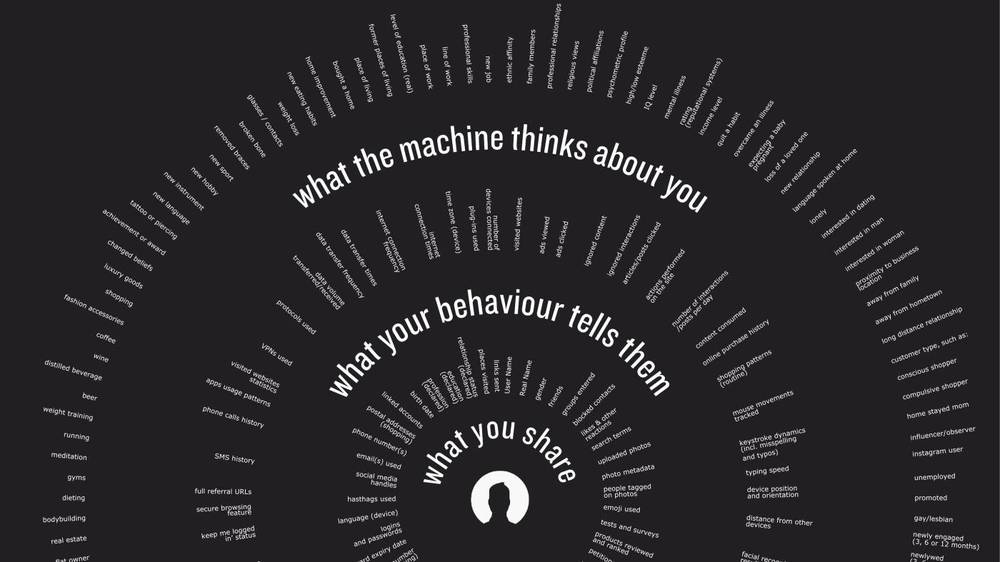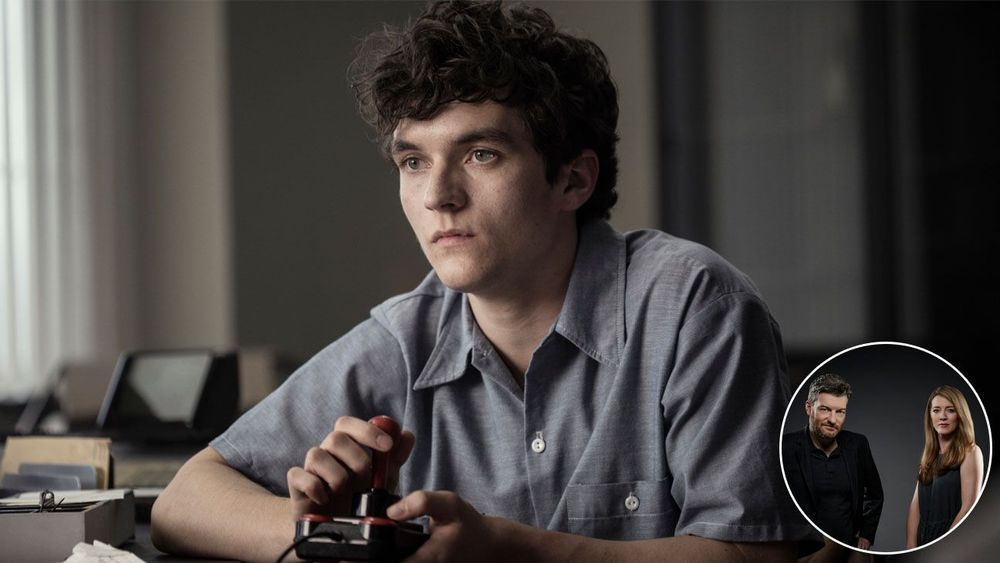When a company reaches the top of the ladder, they typically kick it away so that others cannot climb up on it. The aim? To prevent competition. When this happens in the pharmaceutical world, in terms of patents, companies quickly apply for broad protection of their products, which can last decades, and, in doing so, they fence off entire research areas for others.
In this video, Tahir Amin an attorney Tahir Amin who specializes in patent law, explains how this “skewed” system hurts everyday people.









